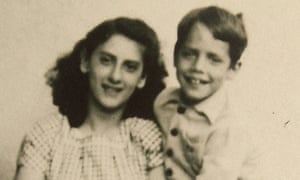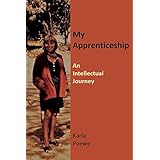 |
| Markus Imhoof as Child with Giovanna |
This traumatic childhood
experience formed the personal core of his being and is the motivating force
for his powerful documentary film, Eldorado
(2018). Bradshaw The Guardian reviewer
calls it “a deeply felt documentary essay on Europe’s refugee question.” It was
played at the 2018 Berlinale, Berlin’s
annual film festival. This is a shortened URL to The Guardian’s review https://goo.gl/2vyebo.
I am fascinated by this documentary art
form. My childhood as a refugee during and immediately after WWII also triggered
my field research in Zambia and now My
Apprenticeship: An Intellectual Journey (2018). Since the latter is merely
a book, memories of loss and confusion found themselves into my dreams then and
surprised, occasionally even confused me, during traumatic happenings in the
field. I recorded them in my Diary.
The comparison is significant, because just
as Eldorado is a factually documented
portrayal in visual form by a film maker recording and experiencing the reality
of refugee happenings now, so too My
Apprenticeship is a documented portrayal in written form by an ethnographer
of field experiences in Zambia. In both cases, WWII childhood experiences
triggered these “deeply felt documentary essays”, and in both cases aspects of
the authors’ childhood trauma occur in the film and the book.
Should social sciences
resist documentary essays because intellectual skill as well as deep
feeling is centered, in the first instance, on the creator of the work? I think
not. The creating person, be it of film or field research, is crucial to the
work and, usually, because their childhood experiences were humbling.
For me and for the film maker Imhoof,
personal stories play naturally into our work. This is a shortened URL to my
book https://goo.gl/P8uYMV

